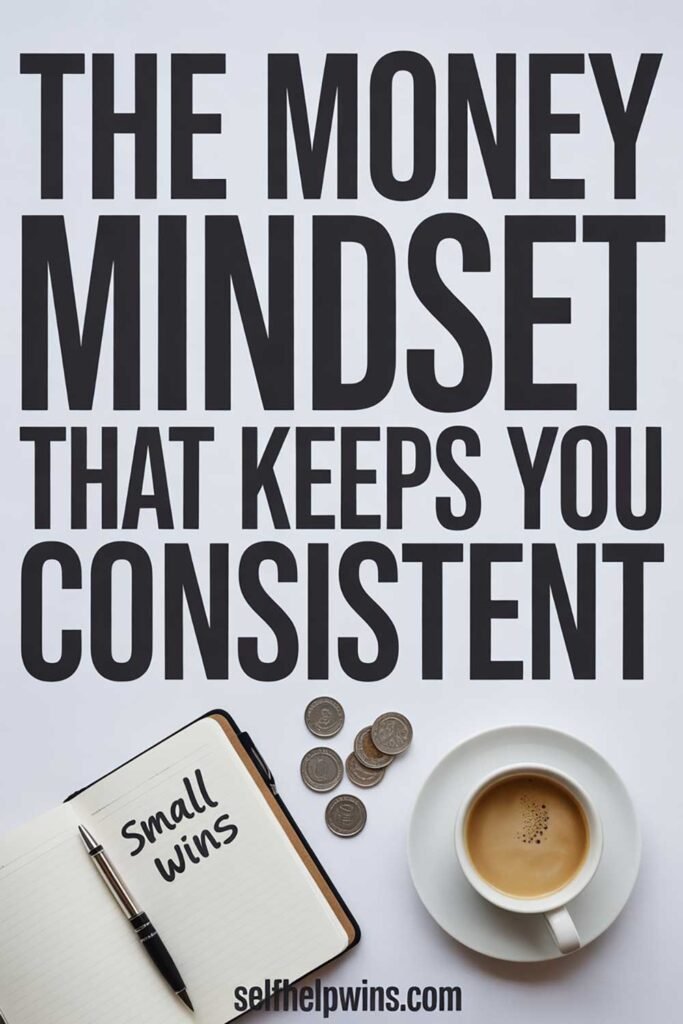Good Habits to Teach Kids for a Better Future
As parents, teachers, or mentors, we often ask ourselves: What can I do today to prepare my child for a successful tomorrow? The answer lies in something simple but powerful — habits. The small, consistent actions children learn early on shape who they become as adults.
Good habits help kids build discipline, confidence, empathy, and resilience. They lay the foundation for emotional intelligence, lifelong learning, and personal success. And the best part? Kids absorb these lessons more through daily routines and modeled behavior than through lectures.

In this guide, we’ll explore practical, age-appropriate habits to instill in children that will positively influence their future. Each habit includes real-life examples, actionable tips, and the long-term benefits it can offer.
1. Practice Gratitude Daily
Why It Matters: Gratitude teaches kids to focus on the positive, even when things aren’t perfect.
Example: Eight-year-old Noah began a nightly gratitude journal. Within a few weeks, his teachers noticed he became more cheerful and cooperative in class.
How to Teach It: Ask your child each night, “What made you smile today?”
2. Read Every Day
Why It Matters: Reading builds vocabulary, empathy, and cognitive skills.
Example: Lily’s mom read to her every night since she was 2. By the time Lily entered kindergarten, she was already recognizing words and asking thoughtful questions.
How to Teach It: Make reading part of your bedtime routine. Let kids choose their own books.
3. Follow a Consistent Sleep Schedule
Why It Matters: Sleep is crucial for focus, mood, and learning.
Example: After establishing a consistent 8:00 p.m. bedtime, Marcus stopped struggling with crankiness and attention problems in school.
How to Teach It: Create a calming nighttime routine with bath, storytime, and no screens before bed.
4. Be Responsible for Chores
Why It Matters: Doing age-appropriate chores teaches discipline and self-reliance.
Example: Emma, 10, was responsible for feeding the dog and setting the table. She later took pride in helping her younger brother learn his own tasks.
How to Teach It: Assign simple, daily responsibilities with encouragement and praise.
5. Apologize and Forgive
Why It Matters: Emotional maturity and strong relationships require accountability and compassion.
Example: After a playground argument, Ava learned to say, “I’m sorry I hurt your feelings.” Her friend replied, “I forgive you,” and they hugged it out.
How to Teach It: Model saying sorry and talk through feelings when mistakes happen.
6. Eat Healthy and Try New Foods
Why It Matters: A strong body supports a strong mind.
Example: Oliver was a picky eater until his parents started a “taste it twice” rule. He now enjoys broccoli and salmon.
How to Teach It: Make healthy meals together and praise adventurous eating.
7. Use Kind Words
Why It Matters: Language shapes a child’s self-image and how they treat others.
Example: After her teacher introduced a “compliment circle,” Maya began telling her classmates things like “You’re really creative.”
How to Teach It: Highlight words that uplift. Reinforce phrases like “please,” “thank you,” and “I appreciate you.”
8. Save Money and Understand Value
Why It Matters: Financial literacy starts with simple lessons about saving, spending, and earning.
Example: Jake earned $2 per week for completing chores. His parents helped him save for a toy car instead of buying it for him outright.
How to Teach It: Use a piggy bank or savings jar with clear goals.
9. Ask for Help When Needed
Why It Matters: It builds self-awareness and problem-solving skills.
Example: Chloe used to struggle silently with homework. Once she learned it was okay to ask questions, her grades improved and so did her confidence.
How to Teach It: Praise effort, not just results. Remind them that smart kids ask questions.
10. Limit Screen Time
Why It Matters: Helps improve attention span, creativity, and sleep.
Example: After reducing her son’s screen time, Nina noticed he started playing more imaginatively with Legos and drawing.
How to Teach It: Set device time limits and offer fun, screen-free alternatives.
11. Respect Differences
Why It Matters: Fosters inclusion, empathy, and tolerance.
Example: Liam learned about different cultures at his school. When a new classmate joined from another country, he helped her feel welcome.
How to Teach It: Read diverse books, celebrate different holidays, and discuss fairness.
12. Be Honest
Why It Matters: Integrity builds trust and character.
Example: After accidentally breaking a vase, Mia confessed rather than hiding it. Her parents praised her honesty, which made her feel proud.
How to Teach It: Praise honesty, even when it comes with mistakes.
13. Take Deep Breaths When Upset
Why It Matters: Emotional regulation is a key life skill.
Example: Ethan used to have tantrums until his teacher taught him “smell the flower, blow out the candle.” Now he self-soothes when frustrated.
How to Teach It: Practice calming breaths together during peaceful moments.
14. Be Curious and Ask Questions
Why It Matters: Encourages learning and critical thinking.
Example: Amelia loves asking “why” questions. Her parents turn each one into a fun fact or a trip to the library.
How to Teach It: Answer questions patiently and praise their curiosity.
15. Make the Bed Every Morning
Why It Matters: Starts the day with a sense of accomplishment and order.
Example: Nathan, age 7, began making his bed each morning. He says it makes him feel “like a grown-up” and helps him stay organized.
How to Teach It: Create a simple routine with encouragement, not pressure.
20 Quotes About Teaching Good Habits to Kids
- “Children are great imitators. So give them something great to imitate.” – Anonymous
- “What we learn with pleasure, we never forget.” – Alfred Mercier
- “Good habits formed at youth make all the difference.” – Aristotle
- “You can learn many things from children. How much patience you have, for instance.” – Franklin P. Jones
- “It is easier to build strong children than to repair broken men.” – Frederick Douglass
- “The way we talk to our children becomes their inner voice.” – Peggy O’Mara
- “Every child is a different kind of flower, and all together, they make this world a beautiful garden.” – Anonymous
- “Habits change into character.” – Ovid
- “Tell me and I forget, teach me and I remember, involve me and I learn.” – Benjamin Franklin
- “Teaching kids to count is fine, but teaching them what counts is best.” – Bob Talbert
- “Kids don’t remember what you try to teach them. They remember what you are.” – Jim Henson
- “The best inheritance a parent can give to their children is a few minutes of their time each day.” – M. Grundler
- “Train up a child in the way he should go, and when he is old he will not depart from it.” – Proverbs 22:6
- “In teaching others, we teach ourselves.” – Proverb
- “Start children off on the way they should go.” – Proverbs 22:6 (NIV)
- “Raising children is a creative act, an art rather than a science.” – Bruno Bettelheim
- “We worry about what a child will become tomorrow, yet we forget that he is someone today.” – Stacia Tauscher
- “Your children will become what you are; so be what you want them to be.” – David Bly
- “A child who is allowed to be disrespectful to his parents will not have true respect for anyone.” – Billy Graham
- “The greatest gifts you can give your children are the roots of responsibility and the wings of independence.” – Denis Waitley
🌟 Picture This
Imagine your child waking up to make their bed without a reminder, reading a few pages of a book with joy, and thanking you for the breakfast you made. They help their sibling tie their shoes, use kind words at school, and handle frustration with a deep breath and a thoughtful response. These small actions repeat day after day, shaping them into a thoughtful, capable, kind human being.
What habits could you start teaching today to shape your child’s tomorrow?
🙏 Please Share This Article
If this article helped you reflect on how to raise confident, kind, and capable children, please share it with a parent, teacher, or friend who would benefit.
⚠️ Disclaimer
This article is based on personal experiences and educational best practices. It is for informational purposes only and should not be considered medical, psychological, or professional advice. Please consult with a licensed child development expert for specific concerns.






